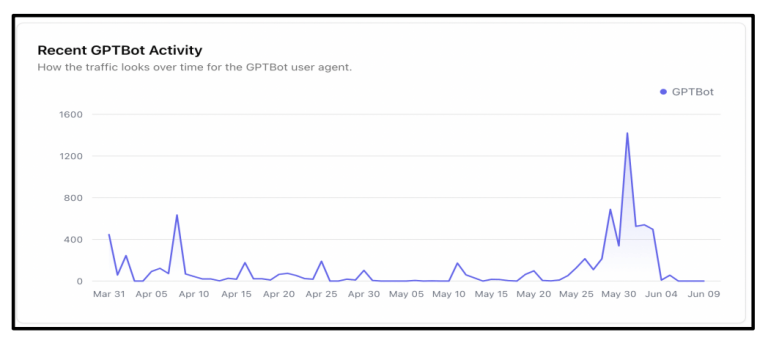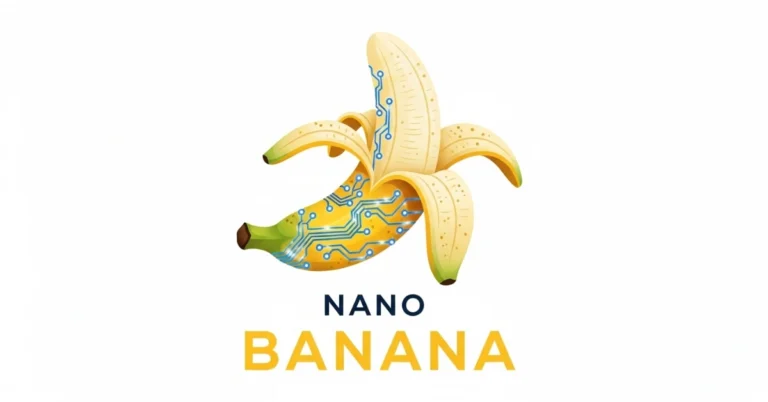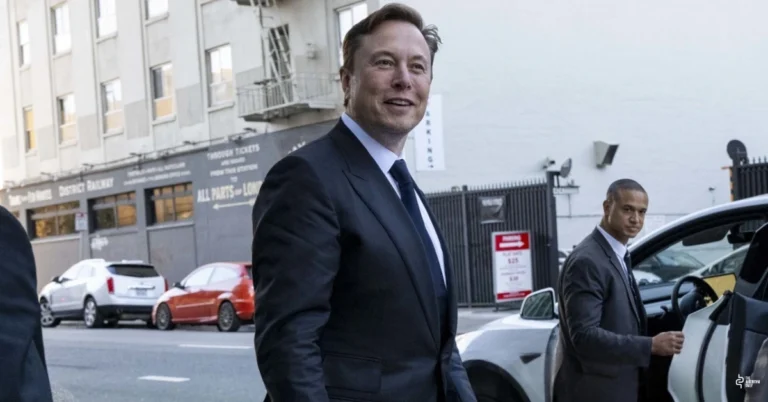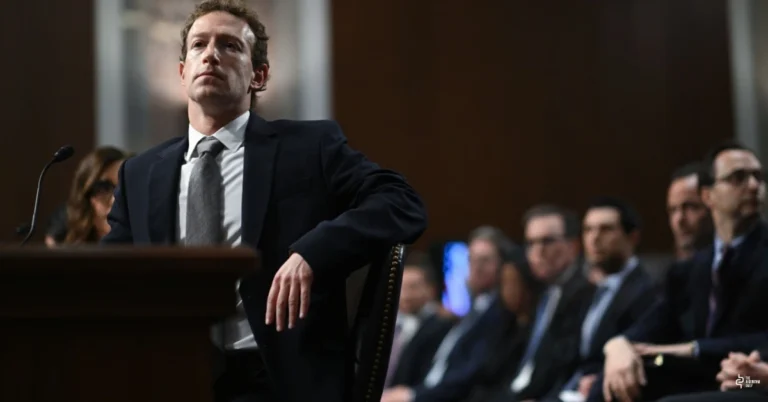OpenAI is facing a new copyright infringement lawsuit from Ziff Davis, the parent company of major media outlets such as PCMag, IGN, and Mashable. Ziff Davis alleges that OpenAI has been using its content to train its AI models without authorization or compensation. In a 62-page complaint filed in Delaware district court, Ziff Davis claims OpenAI has been using its articles to train models, generating copies and derivative works without giving credit to the original source or providing links to the content. Despite reaching out to OpenAI in May and August 2024 to resolve the issue, the company claims that OpenAI ignored their requests to cease using their copyrighted material according to PCMag.
Ziff Davis, one of the largest publishers in the U.S., produces millions of articles annually, including detailed product reviews, much of which serves as important content for AI models like ChatGPT. However, Ziff Davis argues that OpenAI has been benefiting from this content without proper attribution or linking back to the sources, causing them to lose traffic and revenue. Additionally, ChatGPT is accused of misattributing information, suggesting that Ziff Davis was the source of content it did not publish.
This lawsuit highlights the ongoing tension between AI developers and content creators. While other prominent media organizations like The Wall Street Journal, Financial Times, and The Atlantic have struck licensing deals with OpenAI, Ziff Davis has not received such an offer or even an invitation to discuss compensation. The case raises critical questions about how AI companies should fairly compensate content creators whose material is used to train AI models.

The case also brings to light the wider concerns within the media industry about the potential negative impact of AI technologies on traditional business models. As the shift to online journalism has already disrupted the industry, there are growing worries that AI-generated content could further erode traffic to original publications. This situation may lead other media companies to reconsider their positions on licensing content to AI firms or demand compensation for their contributions to AI development.
The outcome of this lawsuit could have significant implications for how AI companies interact with content creators moving forward. If content creators are fairly compensated, it could help sustain high-quality journalism and incentivize creators to continue producing reliable content for AI models to learn from.
SEE MORE: Canva Launches AI Code Generator for Easy Web Development




